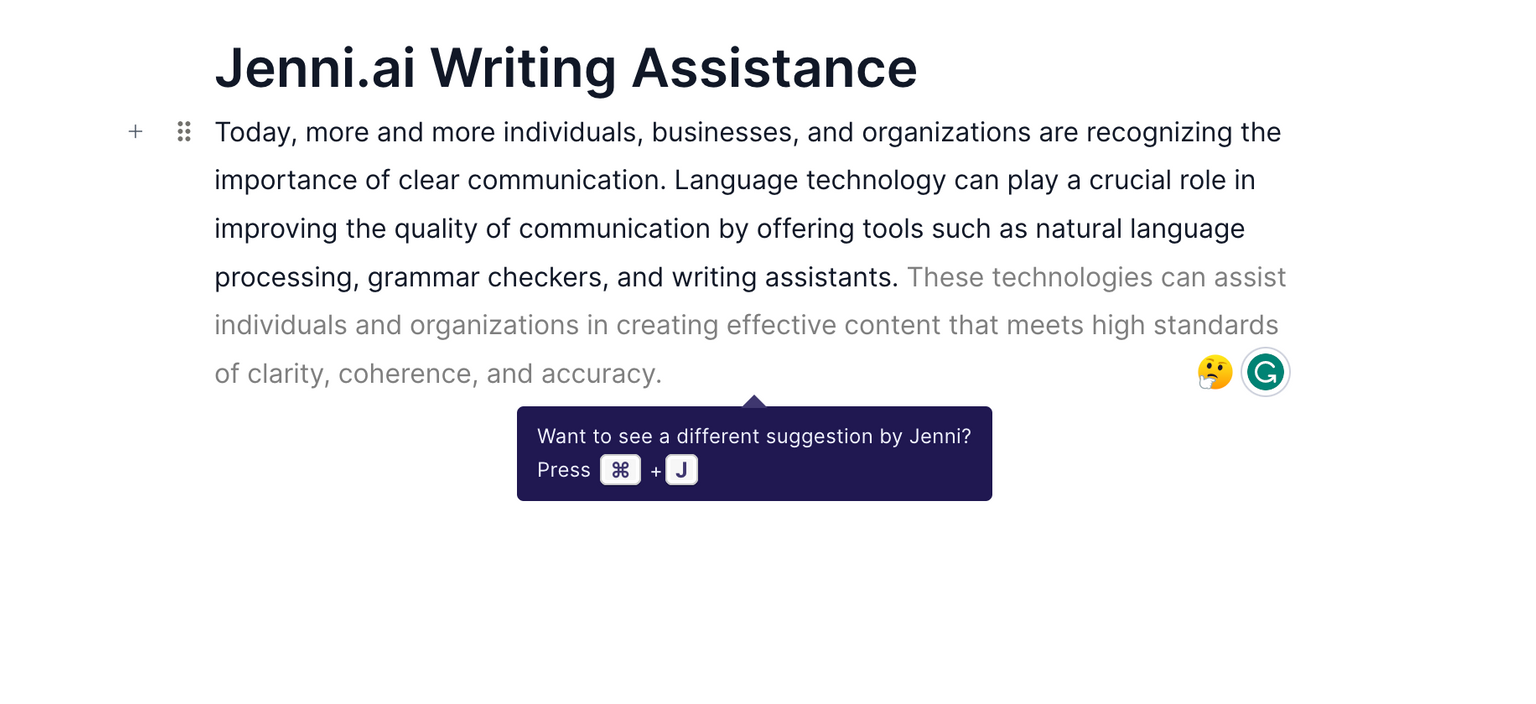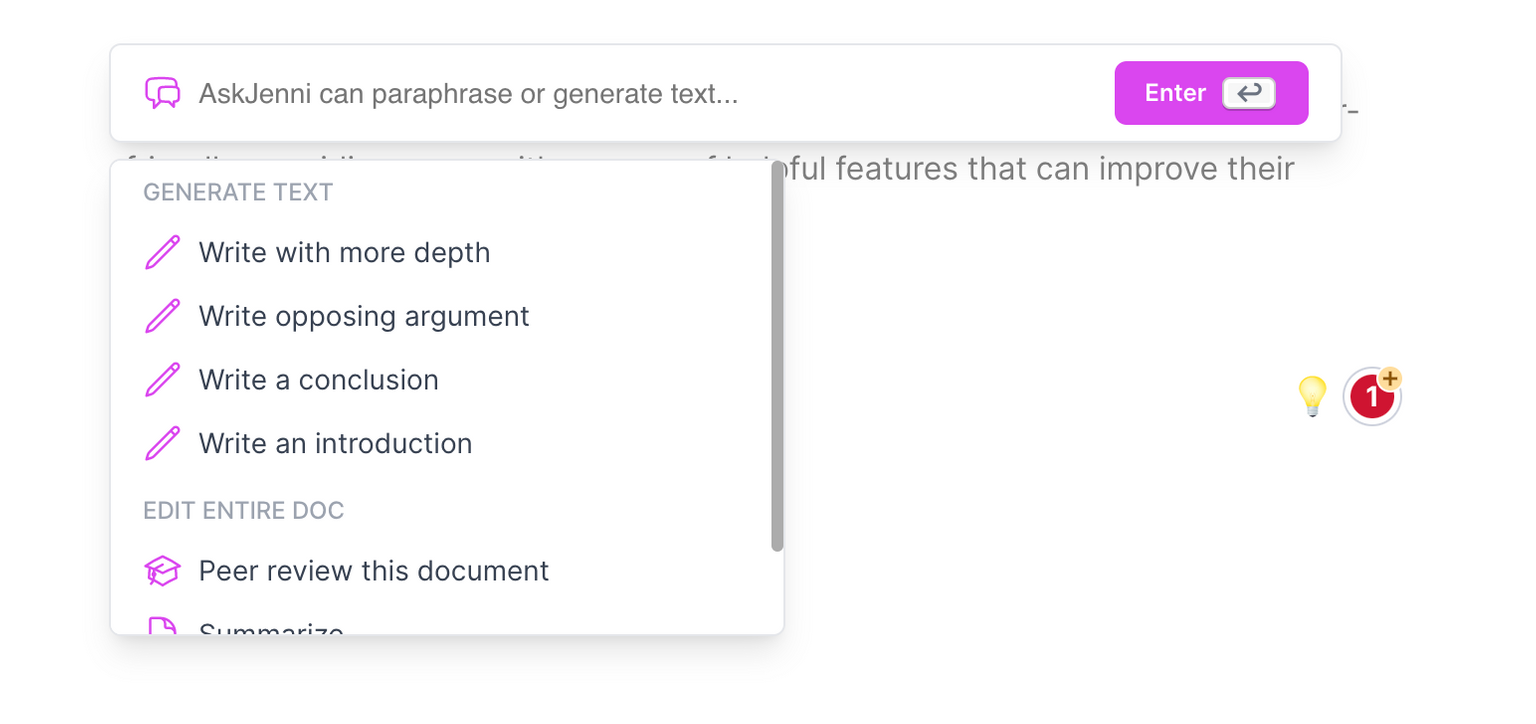It is always interesting to mull over the future of scientific journal articles in the face of advancing technologies.

Image source: https://pixabay.com/photos/watch-retro-book-old-library-4638673/
The advent of GPT (Generative Pre-trained Transformer) has revolutionized the way we and the generations after us will use AI to produce written content. The most famous most of us have tried would be ChatGPT.
Indeed, it's now easier than ever to generate text on a variety of topics, from news articles to social media posts. However, academic writing is a different genre and requires a lot more from the writer than other types of writing. But with the advancement of technology, it's now possible to cater to even the most specialized writing needs.
Enter Jenny.ai, a cutting-edge service that uses AI to help journalists and academics produce high-quality writing.
Whether you're working on a research paper, a thesis, or an article for publication, jenny.ai can help you streamline the writing process and produce polished, professional work.
So how does it work? First, you simply input your topic into the Jenny.ai platform, along with any specific requirements or guidelines you need to follow. From there, the AI-powered software will generate a first draft of your piece, using advanced algorithms to analyze your topic and produce insightful, original content.
But the real magic of jenny.ai lies in its ability to learn and adapt. As you continue to work with the platform, it will learn your writing style and preferences, adjusting its output to better suit your needs. This means that the more you use jenny.ai, the more personalized and effective its suggestions will become.

The example above shows us the willingness of Jenni.ai to suggest new directions in its writings.

You can even ask Jenni.ai to paraphrase or generate text. As the image above shows, the options below include asking her to write with more depth, opposite argument, conclusion, and introduction. There are other options, such as asking it to peer review the entire document or summarize it. Pretty impressive!
Of course, no AI tool can completely replace the skill and expertise of a scientist researcher who guides it. However, with a tool like Jenny.ai, scientists can take advantage of the latest advances in machine learning and natural language processing to produce high-quality writing more efficiently and effectively than ever before. This is a good remedy for burnout, perhaps! By harnessing the power of AI, we can streamline your writing process, improve our output, and stay ahead of the curve in the ever-evolving world of writing and publishing.
Would AI bring about unexpected problems? In due course, we might not even need to read research articles in the past as we did since we can ask it to summarize them too!
Would we leave the writing and reading entirely to the AI in the future?